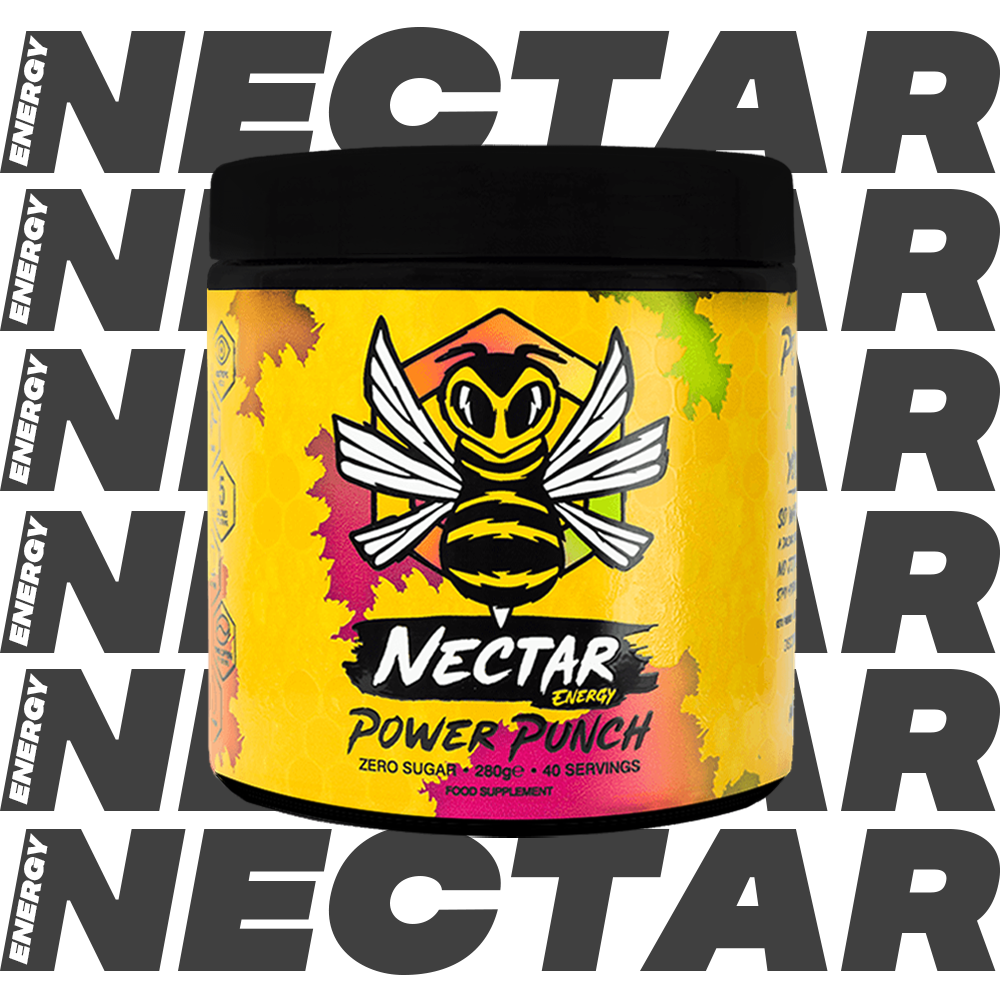The Deep Dive
Just as we did with our caffeine discussion, we're going to set aside personal preferences to build a strong, objective case for why we use natural ingredients.
Before we can do this justice, we're going to be breaking it down into sections - this is because, we think about each of these sections when considering our ingredients and the PRO's and CON's for each. It's also worth considering, that we're really keen to give people the best format and making our product the BEST thing possible BUT we also want to make it affordable to the masses - so there will be some compromise (again, we're being 100% transparent here).
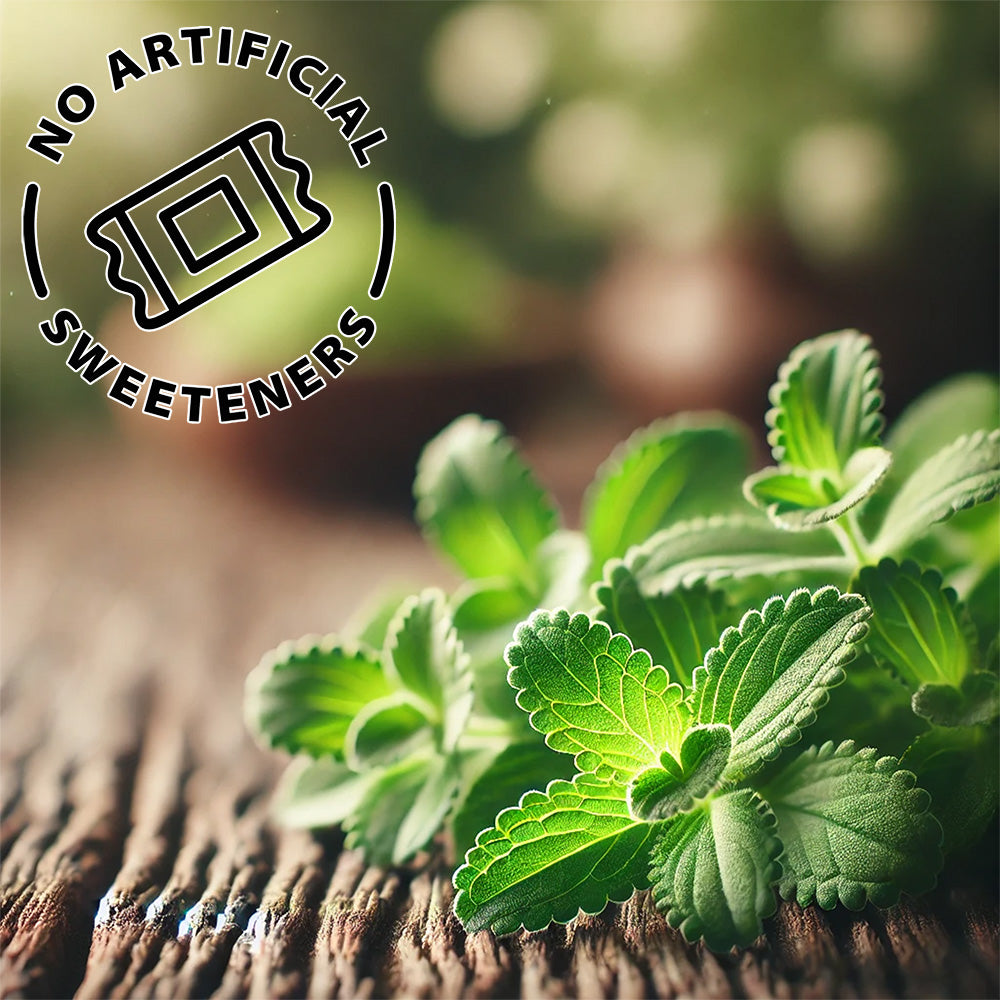
Artificial Sweeteners
🦠Gut Microbiome Disruption : Some studies suggest that artificial sweeteners can alter the composition of gut bacteria, which may have implications for metabolic health. This immediately scored a zero on our scoring sheet...I mean we didn't want any before, but we definitely didn't want it now.
🏃Metabolic Effects: There's ongoing research exploring the link between artificial sweeteners and insulin resistance, type 2 diabetes, and other metabolic disorders. Some studies indicate that they may affect how the body processes glucose. Again, this is something we provide with a pinch of salt - it's ongoing but a worthwhile consideration!
⚖️Increased Cravings and Weight Gain (Paradoxical Effect): While intended for weight management, some research indicates that artificial sweeteners may actually increase cravings for sweet foods, potentially leading to weight gain in some individuals. Knowledge is KING/QUEEN here, so just take it and run with it.
🚫Gastrointestinal Issues: Some people experience gastrointestinal problems, such as bloating, gas, and diarrhoea, after consuming artificial sweeteners. Many things can cause this, so we're not going too hard on a sweetener here, but it's something that compounds our thoughts to exclude it.
❤️Cardiovascular Risks: Some newer studies have shown links between certain artificial sweeteners, like erythritol, and increased risks of cardiovascular events. This is an area of ongoing research.
‼️Contradictory Research: It is important to note that research regarding artificial sweeteners is ongoing, and sometimes contradictory. We're not going to jump on this bandwagon and take sides, but it's worth knowing.
✅YOU'RE GOOD
Nothing to be 👀🔎here
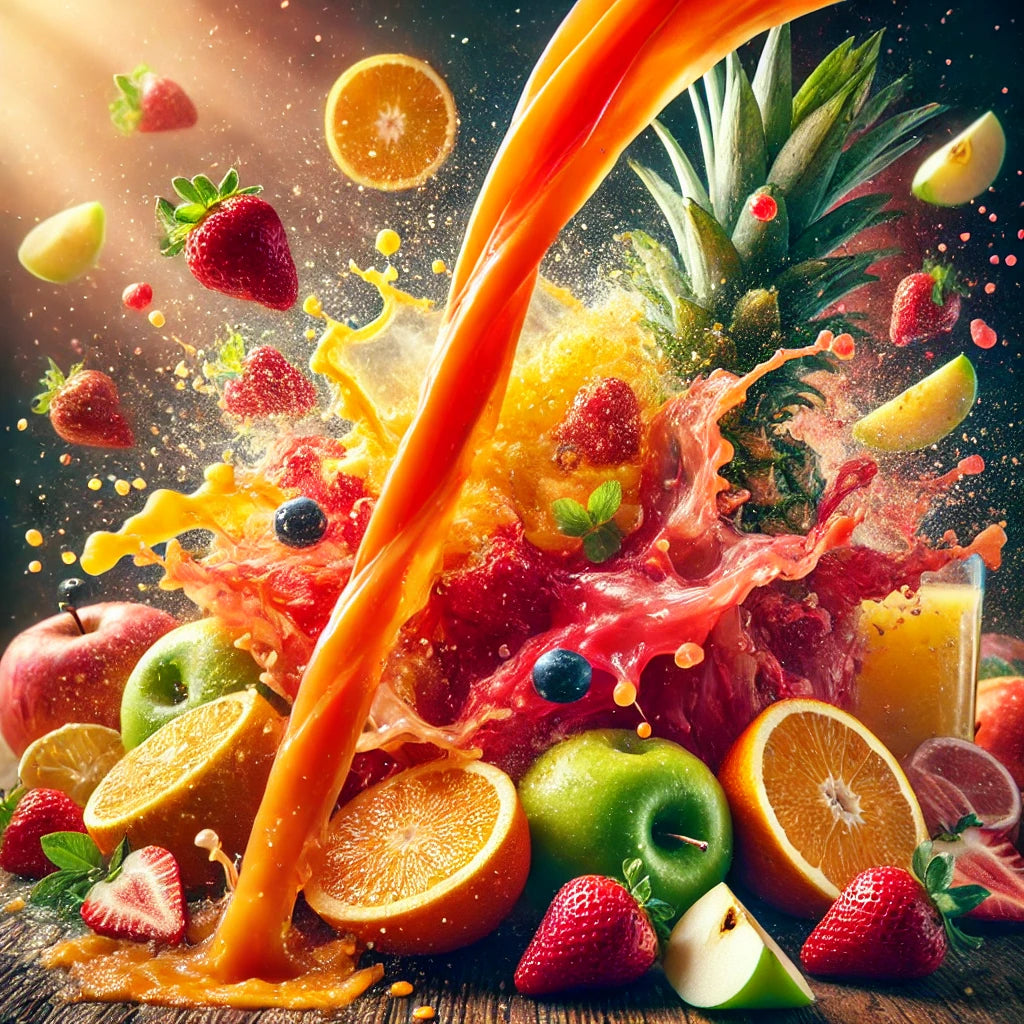
Artificial Flavourings
⭕Lack of Nutritional Value: Artificial flavourings add no nutritional value to food. They primarily serve to enhance taste. Whilst it would be cool to bite into a strawberry and taste a brownie, we're going to stick to nature on this one.
❌Potential for Allergic Reactions: Some individuals may experience allergic reactions or sensitivities to certain artificial flavouring compounds. This could be impactful from natural flavourings too, but it's much less common and we think the pro's outweigh the con's by a mile.
🦳Concerns About Long-Term Effects: While most artificial flavourings are considered safe by regulatory agencies, there are ongoing concerns about the potential long-term health effects of consuming these chemicals. IYKYK 👀
🫥"Masking" of Low-Quality Ingredients: Artificial flavourings can be used to mask the taste of low-quality or processed ingredients...which as you can see from our list of ingredients isn't a concern.
👅Impact on Palate: Some experts believe that heavy consumption of artificial flavours can alter our perception of natural flavours, leading to a preference for highly processed foods. We know you want better.
🧫Gut Health Concerns: As with many processed food additives, there are ongoing studies regarding the impact of artificial flavours on the gut microbiome & we really love our guts.
✅YOU'RE GOOD
Nothing to be 👀🔎here
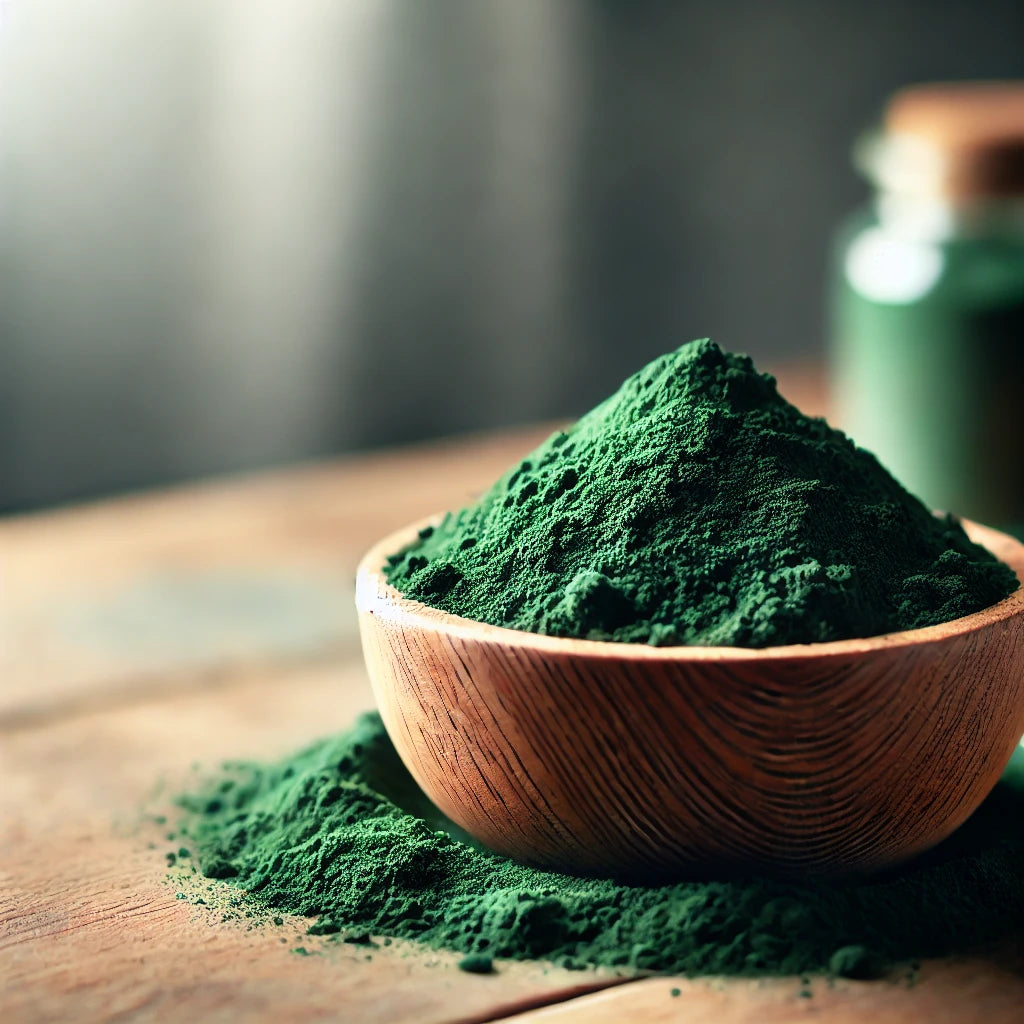
Artificial Colours
❤️ Health Concerns: Some artificial colours have been linked to potential health risks, including allergic reactions and hyperactivity in children.
🍎 Nutritional Value: Natural colours, derived from fruits, vegetables, and other natural sources, may offer additional nutritional benefits, such as antioxidants. Artificial colours provide no nutritional value.
🎨 Variability of Natural Colours: Natural colours can be less stable, and the colours can vary depending on the source. This means that things like the weather during the growing season can effect the final colour of the product - but we'd rather keep the products clean.
🌍 Ethical and Environmental Concerns: The production of some artificial colours involves petroleum-based chemicals, raising environmental concerns. Natural colours are often seen as a more sustainable option and tbh, who wants to consume a chemical...
✅YOU'RE GOOD
Nothing to be 👀🔎here
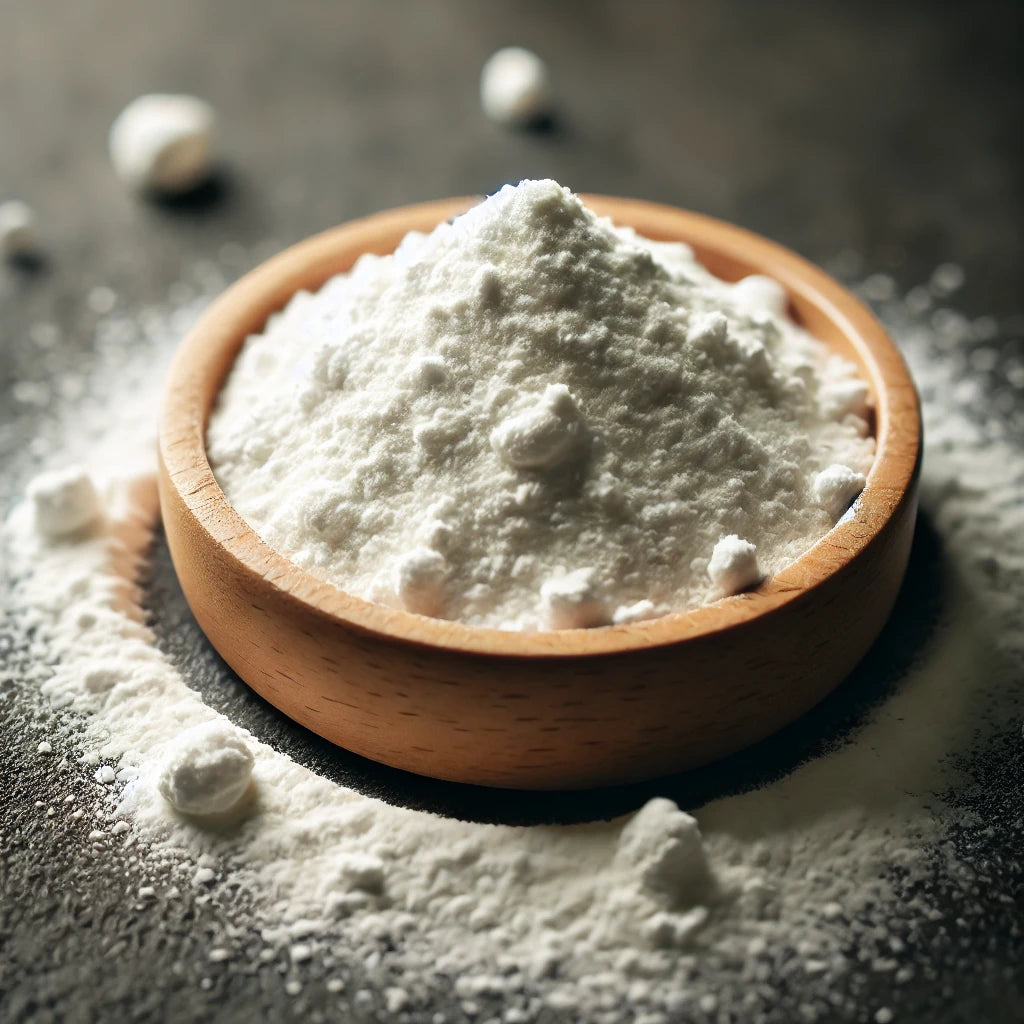
Preservatives, Thickeners & Stablizers
❤️ Health Concerns: Some preservatives have been linked to potential health risks, including allergic reactions, asthma, and other adverse effects. Concerns exist about the long-term effects of consuming certain preservatives.
🤔 Consumer Preference for "Natural" Products: There's a growing trend towards "clean label" products, with consumers seeking foods free from artificial additives. We get the perspective but it's not always so clean cut - sometimes a longer shelf life needs some assistance.
☠️ Potential for Nutritional Loss: In some cases, preservatives can degrade certain nutrients in food, reducing its overall nutritional value.
😷 Masking of Poor Hygiene or Processing: In some less than ideal situations, preservatives could be used to extend the life of a product that was processed in unsanitary conditions.
💉 Allergic Reactions: Some common preservatives, like sulphites, can cause allergic reactions in sensitive individuals.
